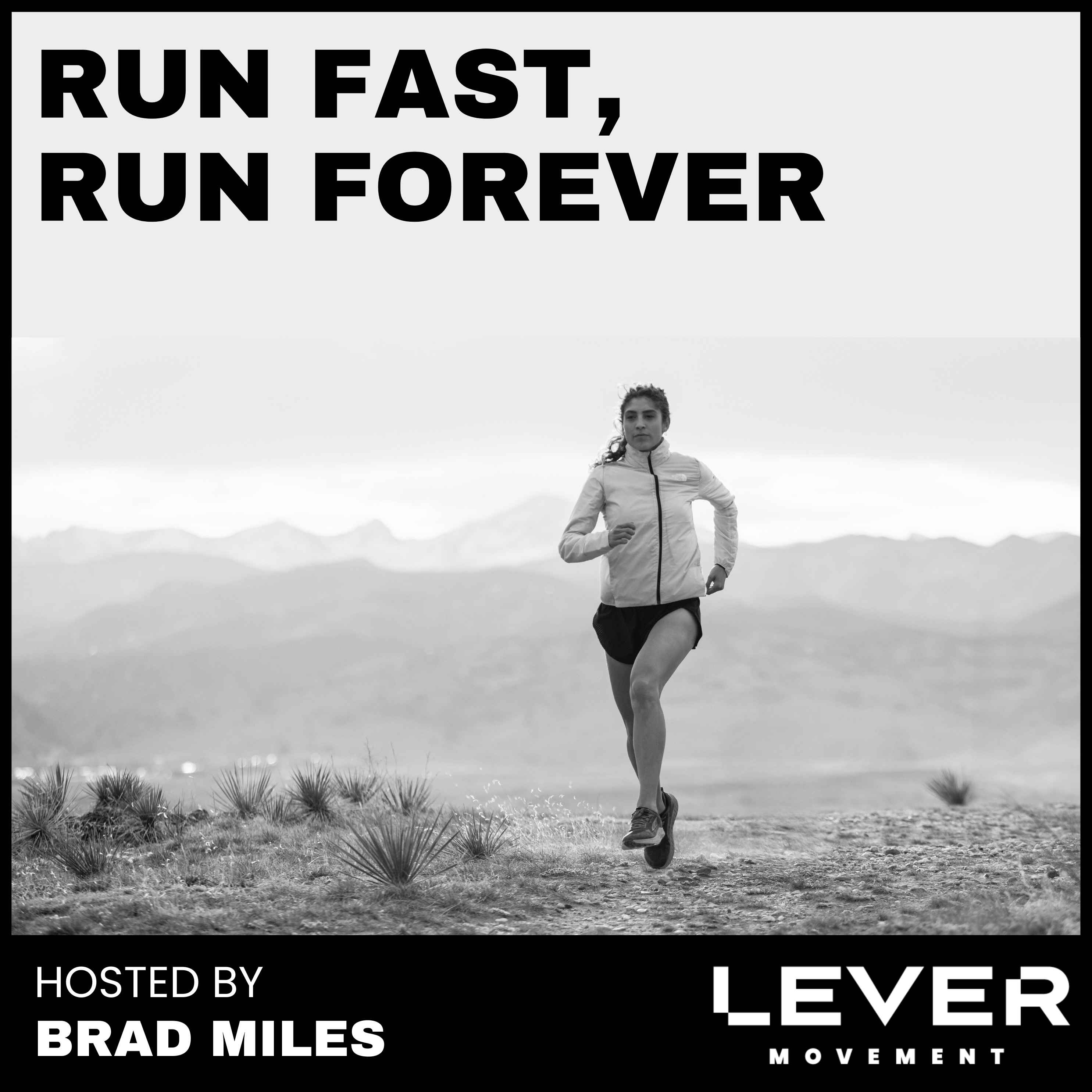Eilish’s Prep for Paris Post-injury
Description
What motivates an Olympian when faced with setbacks? In this episode, three-time Olympian and renowned Scottish athlete Eilish McColgan delves into the various aspects of her athletic career. Eilish discusses her upbringing in a family of elite runners, her experiences dealing with challenging injuries, and her approach to training and competing.
Eilish shares how her parents—both accomplished athletes—nurtured her love for running without imposing pressure, allowing her to pursue the sport on her own terms. Despite encountering mental and physical hurdles, such as a critical injury prior to the London Marathon, Eilish persevered through a difficult recovery marked by misdiagnoses and setbacks, which strengthened her mental resilience and shaped her approach to overcoming obstacles.
Discussing her evolution in training, Eilish highlights the importance of integrating cross-training and recovery strategies into her regimen to manage her workload effectively. The Lever, a key tool in her recovery phases, aids in adjusting training intensity and volume to prevent recurring injuries. Eilish also stresses the significance of maintaining a healthy balance between athletic pursuits and personal well-being, advising against sacrificing life's joys for sporting success.
Looking ahead to the upcoming Paris Olympics, Eilish shares her aspirations, detailing her current training focuses and the strategic preparations she and her team are undertaking to ensure peak performance. Her balanced approach to sport and career exemplifies her role as a model of resilience in professional athletics.
Quotes
“I’m not someone who goes to bed dreaming of becoming an Olympic champion or anything like that. I’ve never, ever been that type of person. I literally just enjoy trying to run my own PB, whether I come first in a race or last in a race, but I've run a PB, that for me is what is the motivating factor. I like that feeling of pushing yourself and knowing that you’ve done it.” (02:54 | Eilish McColgan)
“As an athlete, I always want to keep pushing, I want to do more.” (09:06 | Eilish McColgan)
“Now I have a much better balance with my training of recovery, of having a day off every week, using things like the lever, just small things like that, just reducing my load.” (11:49 | Eilish McColgan)
“Cross-training is a huge part of my program. I’d say over the last five years that’s been implemented and has just completely changed the way that I train. (12:01 | Eilish McColgan)
“The hardest part is getting a qualifying time. There’s not a huge amount of 10k races of that high level across the world. To be able to have my time and know that that’s banked is definitely a good feeling. Obviously, because I’ve been injured, I still need to show fitness and form towards my federation, so I have until the end of June to do that. We have our British Championships at the very end of June, so it’ll be up to me to try and prove that I'm... I don't need to be breaking records and setting PBs, but I certainly need to show that I am moving towards that Olympic standard again.” (33:19 | Eilish McColgan)
Links
Connect with Eilish McColgan:
https://www.instagram.com/eilishmccolgan/
https://www.instagram.com/levermovement/
https://www.instagram.com/bradmiles/
https://levermovement.com/
Podcast production and show notes provided by HiveCast.fm
More Episodes
“Gait retraining has always been a significant part of the injury rehab space I’ve been involved in as a kinesiologist and osteopath. You can do great manual work on the table and get things moving the way you want, but if you return to the same patterns that caused the problem in the first...
Published 11/21/24
Published 11/21/24
“How can we kind of be a little cutting edge? How can we find something new and innovative to help push us forward, help push the program forward?” Coach JT Klopcic, the associate head coach of cross country and track and field at Goucher College, lives by these questions as he integrates new...
Published 11/06/24


